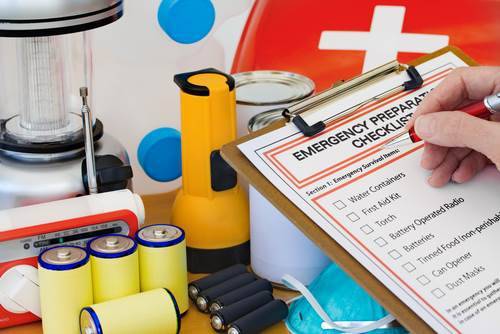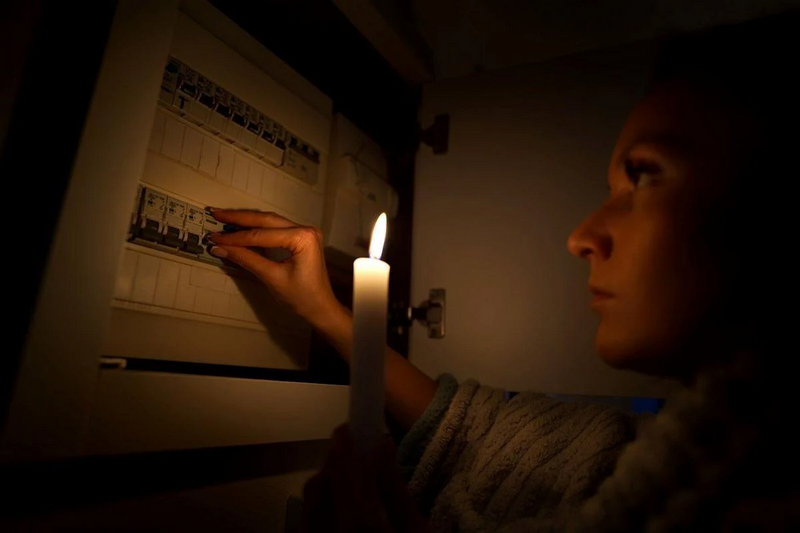Helpful rainy day tips for condo dwellers

Typhoons are a fact of life in the Philippines.
According to the Philippine Atmospheric, Geophysical, and Astronomical Services Administration (Pagasa), the Philippine Area of Responsibility experiences more tropical cyclones annually than any other region in the world, with the peak season occurring from July to October.
But as climate change intensifies and La Niña boosts the frequency of typhoons, everyone faces heightened vulnerability to the unpredictable impacts of storms. Even those who live in condominiums and multi-floor apartments have to prepare for damages from strong winds, heavy rainfall, and, depending on location, threats of storm surges.
While completed vertical housing projects are already managed and maintained by a homeowners’ association, some developers continue to provide safety reminders to residents of their projects. Rockwell Land, for one, sends out useful reminders that would help residents prepare for the typhoon season. Here are some of them.

1 For condominium dwellers, keep all windows and balcony doors closed and locked during strong winds to prevent breakage. In case of window breakage, ask assistance from the front desk or the building’s engineering team.
2 Remove all objects like pots, tables, and chairs from balconies during a storm. Ensure that balcony drains are not clogged to prevent flooding.
3 In case of power failure, residents should stay where they are. Emergency generators will automatically start, but it is advisable to unplug electronic devices in case of power fluctuations.
If you live in high-rise buildings, here are other important safety measures to remember.
4 Have an emergency plan. Be familiar with exit routes and evacuation processes in your building. All residents should also know what to do in case of electrical interruptions or water cutoffs.
5 Stay updated on weather alerts and community warnings. Monitor weather forecasts and heed emergency alert systems. Keep a list of important contacts, including emergency numbers.

6 Be prepared even before a calamity hits. Keep a survival kit ready. Store bottled water and non-perishable food that can be consumed even without cooking. Keep flashlights, candles, and battery-powered radios within reach.

7 Prepare your home for the storm. Clean your gutters and make sure your drainage systems are not blocked.
Inspect your home for possible roof or window leaks, and other internal problems. Make necessary repairs as soon as you identify them.
While a leaking window may not hurt you physically during a storm, it can cause extensive damage on your walls or carpeting.
8 If possible, install storm or rolling shutters on your windows to prevent rain and debris from getting inside. Units in high places are prone to this problem with heavy rains batting against windows. If possible, opt for units with double-pane windows. They’re less likely to shatter from gusty winds and can also protect your unit from extreme heat and cold.
9 Secure loose items and bring in all movable furniture and items that are ordinarily located in your balcony.
10 Schedule regular inspections of your electrical system before typhoon season. Use surge protectors to guard against power bursts that can result from lightning strikes. Unit owners and tenants should know where their fuse box or circuit breaker is so they can quickly switch off electricity when necessary and prevent electric shock should water leaks enter the condo unit’s wiring system.
Sources: Inquirer Archives, pagasa.dost.gov.ph, Rockwell Land, Federal Land, uproperty.ph

















